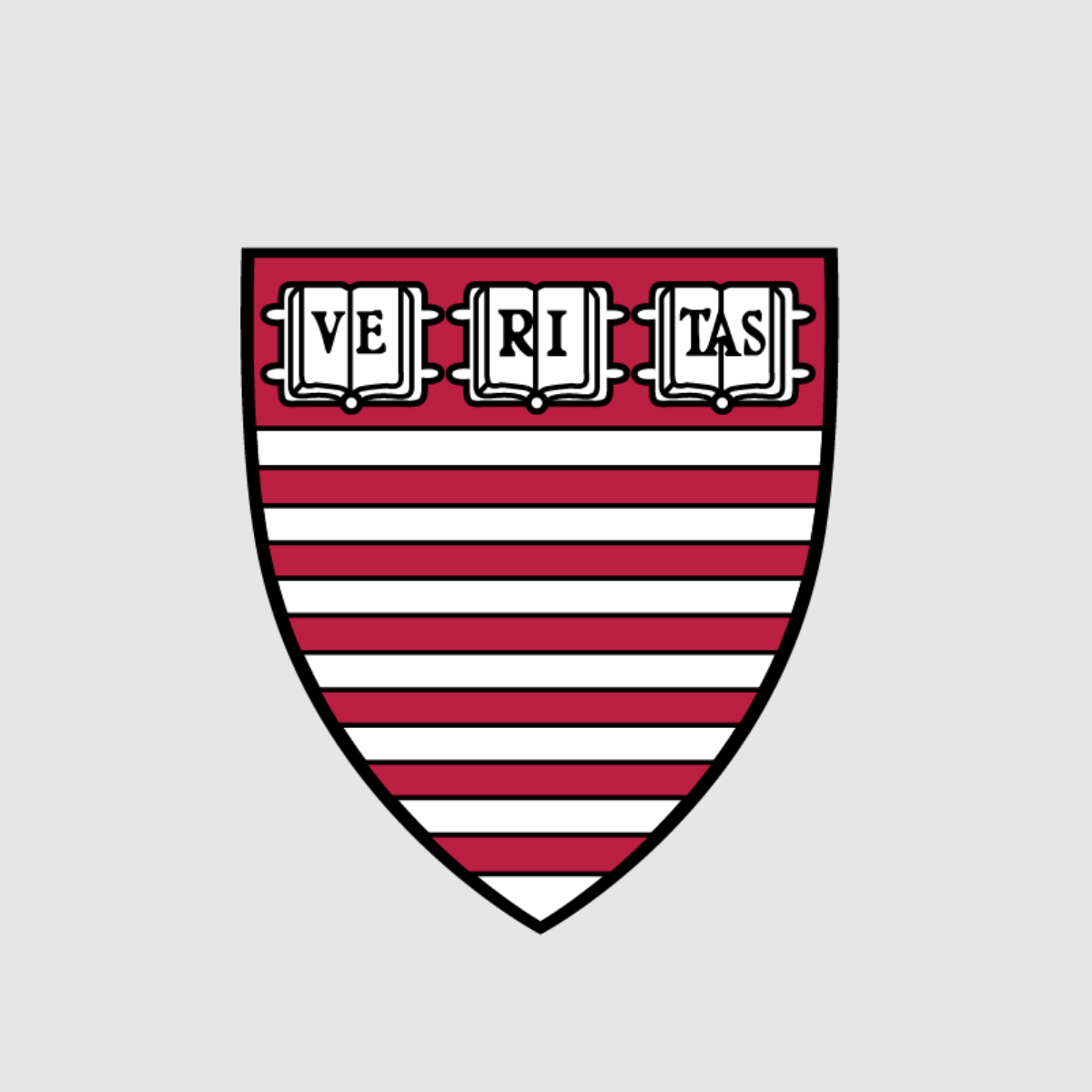Book
When Democracy Breaks: Studies in Democratic Erosion and Collapse, From Ancient Athens to the Present Day
In this book, When Democracy Breaks, Archon Fung, Arne Westad, and David Moss aim to deepen our understanding of what separates democratic resilience from democratic fragility by focusing on the latter.

Democracy is often described in two opposite ways, as either wonderfully resilient or dangerously fragile. Curiously, both characterizations can be correct, depending on the context. When Democracy Breaks aims to deepen our understanding of what separates democratic resilience from democratic fragility by focusing on the latter. The volume’s collaborators—experts in the history and politics of the societies covered in their chapters—explore eleven episodes of democratic breakdown, ranging from ancient Athens to Weimar Germany to present-day Turkey, Russia, and Venezuela. Strikingly, in every case, various forms of democratic erosion long preceded the final democratic breakdown. Although no single causal factor emerges as decisive, linking together all of the episodes, some important commonalities (including extreme political polarization, explicitly anti-democratic political actors, and significant political violence) stand out across the cases. Moreover, the notion of democratic culture, while admittedly difficult to define and even more difficult to measure, may play a role in all of them.
Throughout the volume, we see again and again that the written rules of democracy are insufficient to protect against tyranny. They are mere “parchment barriers,” as James Madison once put it, unless embedded within a strong culture of democracy, which itself embraces and gives life not only to the written rules themselves but to the essential democratic values that underlie them.
Oxford University Press, 2024
Open Access Available
Please explore the available open-access chapters linked above under “Learn More About the Book.”
The Ash Center is pleased to announce the launch of a new podcast miniseries in cooperation with Democracy Paradox around the newly released When Democracy Breaks: Studies in Democratic Erosion and Collapse, from Ancient Athens to the Present Day.
The Ash Center's Open Access Initiative
In celebration of over 20 years as Harvard’s hub for democracy research, the Ash Center launched its Open Access Scholarship Initiative to enhance the accessibility and the democratization of key works by making them downloadable for free.


